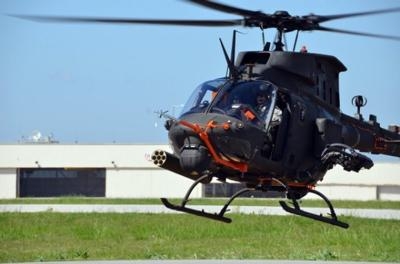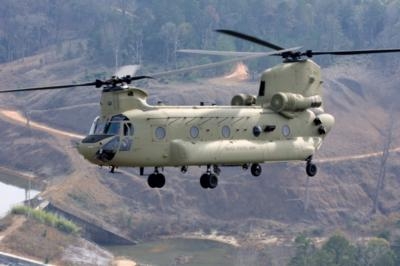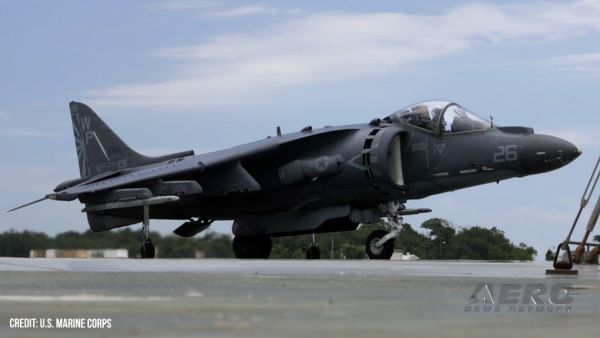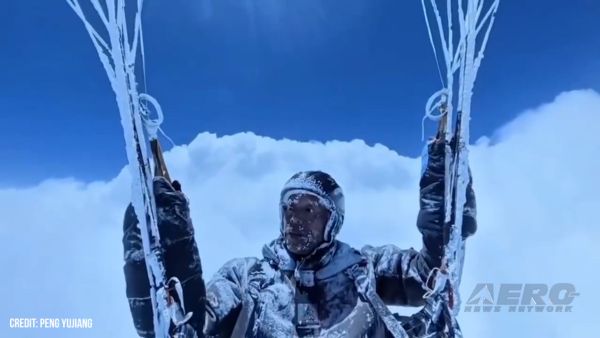Fri, Dec 05, 2014
Frost & Sullivan: Sector Reaching A Balance Between Multi-Role And Specific Mission Requirements
Repeated budget cuts and frozen orders have blurred promises of market recovery in the global military market, especially across Western regions. The adoption of remotely piloted aircraft systems seems to make manned helicopters further irrelevant. Nevertheless, unrivalled vertical take-off and landing capabilities as well as strong mission efficiency rates will sustain interest in military rotorcraft.

New analysis from Frost & Sullivan, Global Military Helicopters Market Assessment, finds that the market earned revenues of $25.43 billion in 2013 and estimates this to reach $33.37 billion in 2023. New platform procurements will grow at a compound annual growth rate of 2.8 percent globally.
"Territorial disputes in Eastern Europe, Central Asia, Southeast Asia and the Middle East are underlining the importance of upgraded attack and naval capabilities, thereby boosting military helicopter sales," said Frost & Sullivan Aerospace & Defence Industry Analyst Alix Leboulanger. "While budget cuts and stretched fleets will impact the platform segment in the short and medium terms, the need to bridge crucial capability gaps will revive market growth in the long term."
As armed forces renew legacy helicopters, the new generation of platforms will face certain challenges:
- Meeting budget requirements will eventually imply less procurement
- Conducting assignments ranging from asymmetric warfare to naval operations with significantly low financial support will affect performance
- The fast-changing geopolitical environment will hold back export opportunities
- To conduct more missions at a lesser cost, armed forces are embracing multi-role platforms. However, the demand for multi-role platforms capable of fulfilling each mission as efficiently as mission-specific helicopters increases costs.

Manufacturers must highlight benefits such as the rationalisation of existing logistics and MRO supply-chains, reduction in training costs, and interoperability to move forward the uptake of expensive multi-role platforms. Consequently, the use of smarter mission systems and open systems architecture for joint missions with other aircraft types, in particular remotely piloted aircraft systems, will increase.
"The rise of optionally piloted helicopters is a future trend that needs to be closely monitored as it will actually empower multi-role helicopters and their mission spectrum," observed Leboulanger. "It also has the potential to bridge the gap in manned and unmanned aircraft integration, complementing – not replacing – helicopter surveillance, reconnaissance, and utility roles in the global military helicopter space."
(Images from file)
More News
LinxUs System Adds Capabilities for Data-Driven Operators Textron Aviation announced another option for operators processing their post-flight data, adding interoperability with GE>[...]
Aero Linx: The de Havilland Moth Club Ltd The de Havilland Moth Club evolved from a belief that an association of owners and operators of Moth aeroplanes should be formed to create>[...]
(Pilot) Inadvertently Applied Excessive Braking Action, And The Airplane Nosed Over Analysis: The pilot reported that, while landing at a remote, rough and uneven airstrip in a tai>[...]
“MCADT is committed to rapidly integrating armed first-person view drones into the FMF, enhancing small-unit lethality and providing organic capabilities that warfighters cur>[...]
From 2017 (YouTube Edition): Major Engine Supplier Joins Forces With Small Aircraft Manufacturer… GE recently made an agreement with Venom Aircraft to supply engines for the>[...]
 Citation Operators Get Another Flight Data Connection for QA
Citation Operators Get Another Flight Data Connection for QA ANN's Daily Aero-Linx (06.01.25)
ANN's Daily Aero-Linx (06.01.25) NTSB Final Report: Bellanca 8GCBC
NTSB Final Report: Bellanca 8GCBC Aero-News: Quote of the Day (06.01.25)
Aero-News: Quote of the Day (06.01.25) Classic Aero-TV: High-Speed Match-up - Venom and GE Rebirth A Legend
Classic Aero-TV: High-Speed Match-up - Venom and GE Rebirth A Legend




